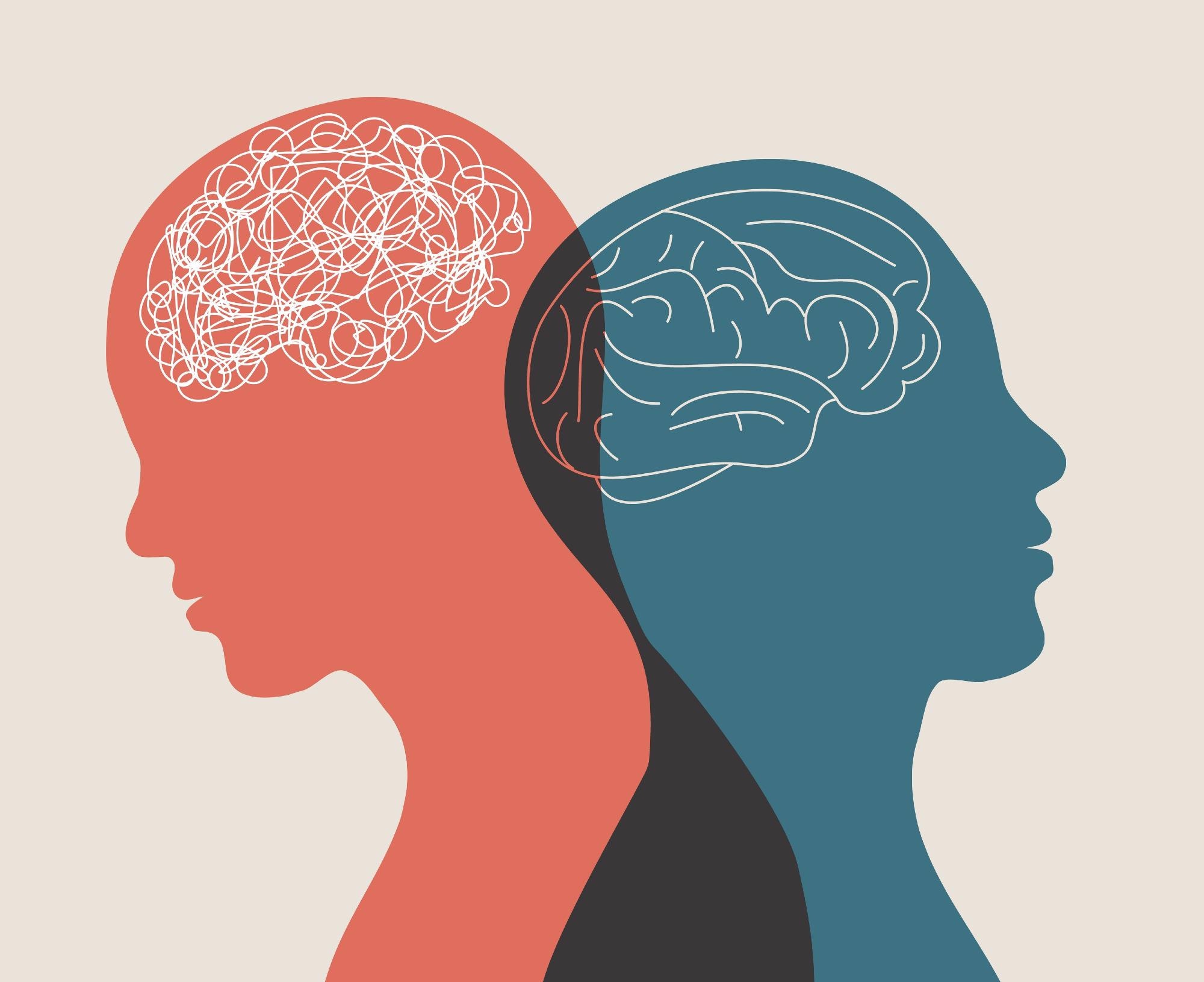Understanding the Impact of Workout on Mental Health And Wellness and Overall Health
In the realm of psychological health and total wellness, the value of exercise is a diverse subject that calls for exploration. Beyond its physical advantages, the impact of workout on one's mental health and wellness has actually been a topic of expanding interest and research study. The intricate interaction in between physical activity and emotional well-being reveals a spectrum of favorable end results that prolong much beyond the boundaries of a gym or a running track. As we navigate via the complexities of this connection, a much deeper understanding of how exercise affects our mental state and total wellness arises, dropping light on the profound ramifications it holds for our every day lives and long-lasting health.
Advantages of Workout on Mental Wellness

Regular physical exercise has been revealed to significantly improve psychological wellness end results in people of any ages. Participating in regular workout not just advantages physical health yet also plays a vital duty in enhancing mental health. Among the primary benefits of workout is its capacity to reduce signs of anxiousness and depression. Physical task stimulates the launch of endorphins, also referred to as the "feel-good" hormones, which can assist ease sensations of stress and enhance state of mind.
Additionally, workout has actually been connected to boosted cognitive feature and total mind health. Furthermore, exercise promotes much better sleep patterns, which are necessary for maintaining good mental health and wellness.

Connection In Between Exercise and Stress And Anxiety
Workout works as a powerful system for easing anxiety and promoting psychological wellness by assisting in the launch of endorphins and promoting a sense of leisure and rejuvenation. When anxiety levels increase, the body's fight-or-flight response is activated, resulting in raised cortisol levels. Normal physical activity aids counteract this action by decreasing cortisol degrees, which consequently alleviates anxiety. Exercise promotes the production of endorphins, typically referred to as the body's natural pain relievers, which act as state of mind lifts and stress relievers.
Engaging in exercise likewise uses a distraction from daily stressors, enabling individuals to concentrate on today moment instead than ruminating on resources of stress and anxiety. Furthermore, workout can boost self-confidence and self-confidence, giving a sense of achievement and control that can combat feelings of helplessness commonly related to stress and anxiety. By including workout right into a regular routine, individuals can properly take care of stress and anxiety degrees, causing enhanced mental well-being and total lifestyle.
Influence of Workout on State Of Mind
Participating in physical activity has been revealed to dramatically affect one's mood and emotional health. The connection between exercise and state of mind is well-documented, with many studies highlighting the favorable results of exercise on mental health. When we take part in workout, our bodies release endorphins, commonly referred to as "feel-good" hormonal agents, which can help reduce sensations of stress, anxiousness, and clinical depression. In addition, regular workout can result in boosted self-esteem and a feeling of accomplishment, which can better enhance one's total mood.
Additionally, the influence of exercise on mood prolongs past just the prompt post-workout period. Research study recommends that individuals who keep a constant workout routine are more probable to experience lasting improvements in their state of mind and emotion. This can be credited to the architectural modifications in the mind that occur as an outcome of regular exercise, such as increased connectivity in between brain regions responsible for managing feelings.
Workout and Cognitive Function
Numerous researches have demonstrated the considerable effect of physical activity on cognitive feature, highlighting the complex connection between exercise and psychological processes. Engaging in normal exercise has been revealed to enhance different aspects of cognitive feature, including memory, focus period, problem-solving abilities, and general mental skill.
Moreover, consistent physical task has actually been linked to a lowered danger of cognitive decline and neurodegenerative conditions such as Alzheimer's. Studies recommend that individuals who keep an active lifestyle throughout their lives experience slower rates of cognitive decrease contrasted to those who are sedentary. Overall, the proof overwhelmingly supports the notion that regular exercise is not only useful for physical health but additionally plays an important duty in protecting and boosting cognitive function.
Approaches for Incorporating Workout
Adopting a structured technique to incorporating physical activity into daily routines can substantially boost the likelihood of maintaining a constant exercise program. Furthermore, including exercise into existing routines, such as walking or biking to function, taking the stairways rather of the lift, or organizing routine exercise sessions, can assist make physical activity a habitual part of daily life.
Another useful strategy is to find activities that are pleasurable. Whether it's dancing, yoga exercise, biking, or swimming, participating in activities that bring pleasure enhances the possibilities of sticking to the workout routine in the future. Additionally, varying the types of workouts and reserving time for both cardio and strength-training activities can prevent dullness and supply an all natural technique to fitness.
Including exercise right into social tasks, such as joining a website here sporting activities group or exercise group, can additionally promote a feeling of area support and accountability, making it less complicated to remain committed to normal exercise. By executing these methods, individuals can create a lasting and fulfilling exercise routine that promotes mental wellness and overall health.
Conclusion
In verdict, workout has numerous benefits for psychological health and wellness and total health. It can help minimize tension degrees, improve mood, and boost cognitive function. Integrating normal exercise right into one's moved here regular is crucial for promoting psychological health. By comprehending the influence of exercise on mental wellness, individuals can take positive actions to prioritize their exercise and enjoy the favorable impacts on their psychological and psychological go now state.
